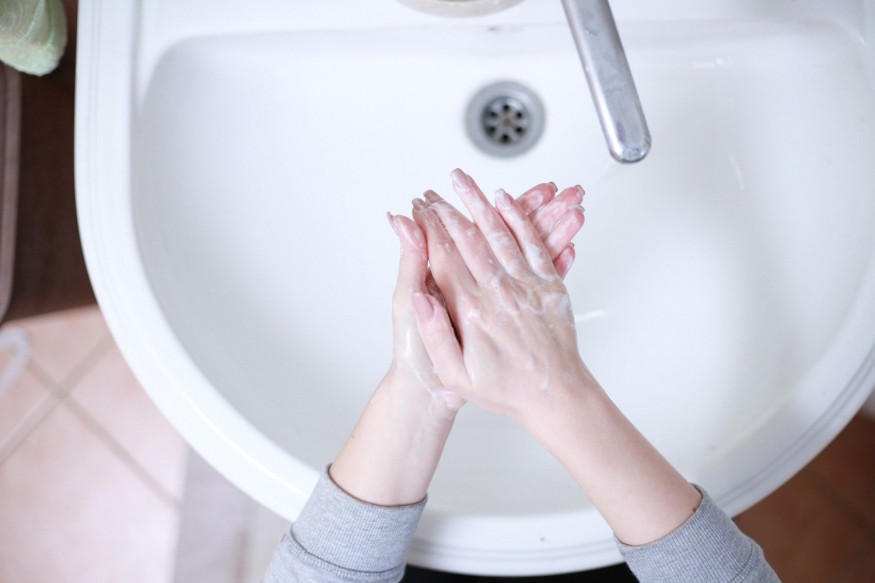Advice from CDC & WHO: Ways to Equip Yourself Against COVID-19

Nearly two months into quarantine measures, of compromise in government policies, and ceaseless work for the health professionals, it is protection from the unseen enemy that will best combat or prevent, catching COVID-19.
Various news media outfits report of tried and tested ways to protect people against the coronavirus still, the pandemic has only had minimal research known and made about its nature, and even more so, the prevention of its infection. However, the most fundamental idea is to build the immune system so that when the virus does target you, you'll have a fighting chance.
Immunocompromised People at Higher Risk
We hear this all the time, but what does it mean?
According to the Centers for Disease Control and Prevention (CDC), immunocompromised people can be those who have severe medical conditions that might increase their risk of either getting infected or having more harmful symptoms. These may include the elderly, pregnant women, and patients currently undergoing treatment for a different disability, disease, or disorder.
In essence, being immunocompromised means having a weakened immune system. During this pandemic, immunocompromised people must avoid leaving their homes and coming into contact with others. On essential errands like going to the groceries and the doctor's appointment, remember to wear masks or gloves. Upon arriving home, immediately disinfect before you touch anything.
For people who are tending to the needs of immunocompromised people, take note that anything you carry can be transferred to the person.
In preparation for getting sick during quarantine, you must know how to stay in touch with friends and family online, find someone who can take care of you, and contact your healthcare provider for information about medications.
Check these out!
Trump Optimistic on US Testing: "We've Tested More Now Than Any Nation in the World"
Weekends Gone: Managing the Time We Have During the COVID-19 Pandemic
What you can do?
Director of the World Health Organization (WHO) Dr. Tedros Adhanom Ghebreyesus advises the public to eat a healthy and nutritious diet, limit alcohol and sugar intake, and avoid smoking. This is both practical and practicable, in that these are easy enough to do at home, and will not be much of a challenge to maintain.
Good hygiene is crucial for prevention. Learn to wash your hands as soon as you come indoors. This is done for 20 seconds with soap and water, rinsing the grooves between the fingers and rubbing the palms against each other.
Another thing to remember is that Vitamin C can go a long way. While it is only a supplement and cannot grant a cure for coronavirus, it has been endorsed by the Shanghai Medical Association as a treatment for patients with COVID-19 in an article by the Chinese Journal of Infectious Diseases. High doses of 10,000 - 20,000 milligrams a day for up to ten days are given to patients, either intravenously or by ingestion.
A unique addition to the list of grocery items people stock up on is garlic. Lots of it. Other than for culinary purposes, garlic is believed to contain antibacterial properties, as published in the Jundishapur Journal of Microbiology. They discovered that garlic contains allicin, which has a process with a possible antibacterial effect.
However, it is still too soon to do anything with garlic. More research is needed to confirm these assumptions. At the moment, the most you can get out of it is a good meal.
Finally, and perhaps most commonly, to boost your immunity against coronavirus, you are to drink tremendous amounts of water. WHO has debunked this in a post shared on Twitter: "While staying hydrated by drinking water is important for overall health, it does not prevent coronavirus infection."
The origin of this widespread rumor is a viral video posted by a Japanese man who pretended to be a doctor advising people to drink water every 15 minutes.
While water is essential for health, there is no evidence that it will boost the chances of contracting the coronavirus.
Subscribe to Latin Post!
Sign up for our free newsletter for the Latest coverage!















